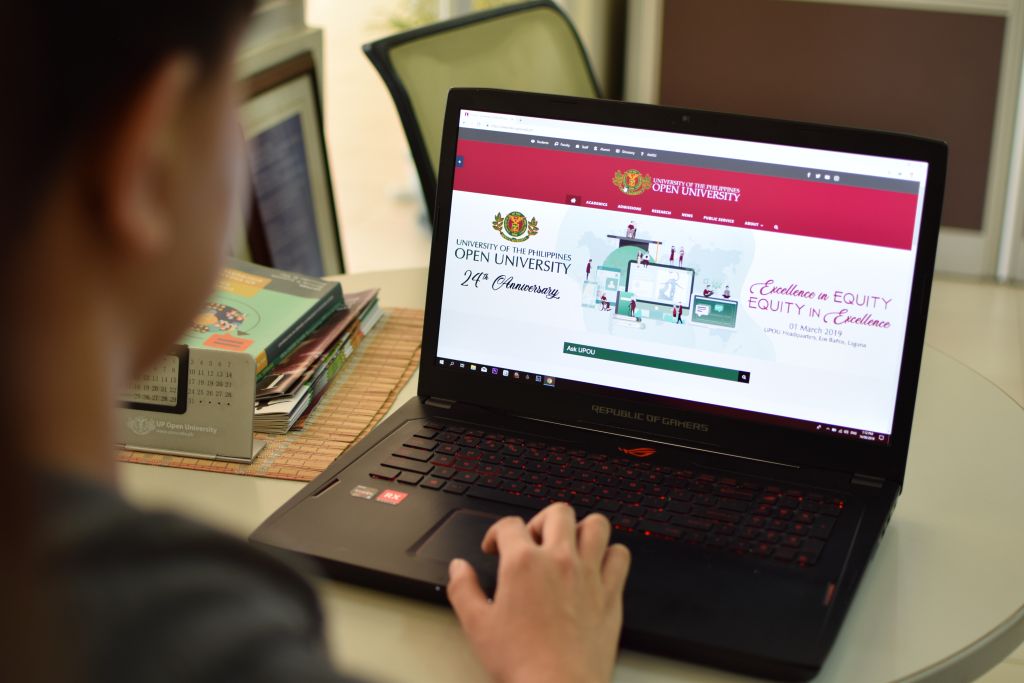UP Quality Assurance
The University recognizes that to sustain academic excellence, a quality assurance system will enable it to continuously enhance the quality and relevance of its academic programs. The UP Quality Assurance (QA) System, previously known as the Academic Assessment and Development System (AADS), aims to assure the UP community, the Filipino public as well as national and international stakeholders that UP programs and delivering units meet standards of academic excellence as currently defined within the changing context of local, national, regional and global developments that have had profound impact on universities worldwide.
| Internal Quality Assurance (IQA) | External Quality Assurance (EQA) | |
|---|---|---|
| Definition | Summarizes all mechanisms, instruments and systems for quality assurance which are within the higher education institution and ensure that the institution or programmes are meeting their own standards and objectives. | Is localized outside of the higher education institution. It can therefore be anything related to quality assurance that is driven from outside the institution and which evaluates or assesses the institution as a whole or in regard to a certain topic.
EQA can be compulsory, as in regulated by law or voluntary. |
| UP Platform | iAADS Portal | iAADS+ Portal |
| Activity | Accomplishment of the iAADS module in the iAADS Portal | Self- Assessment Report (SAR) writing (using evidences stored in the iAADS+ Portal), Assessment or accreditation by an external assessor/auditor/reviewer or an accreditation/assessment body |
| Output | iAADS Report | SAR and the certification status/accreditation or assessment certificate |
| Level | Academic Unit | Degree Program |
| When it is conducted? | Every three years | Renewable every 5 years (or depending on the accreditation/assessment body) |
s

